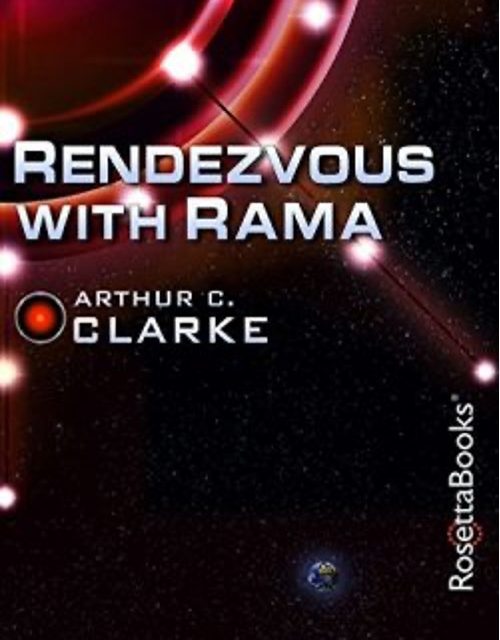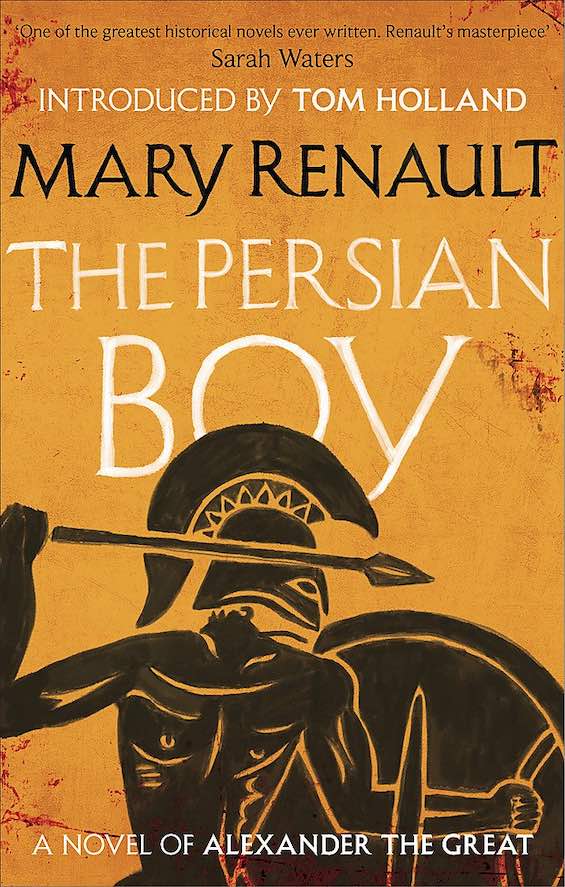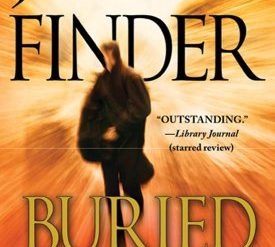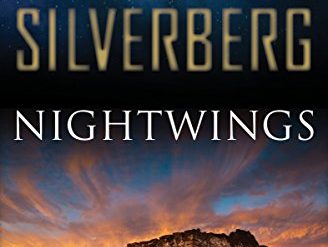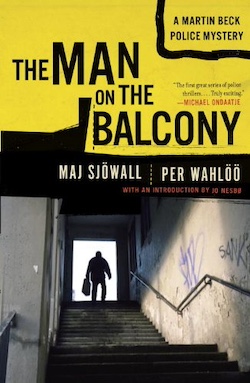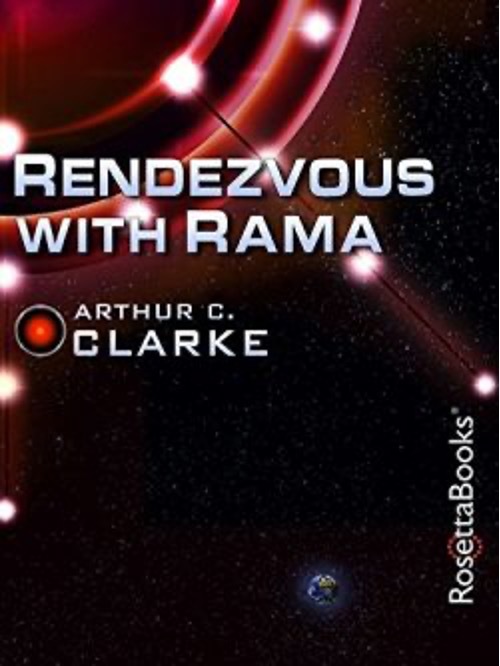
Estimated reading time: 8 minutes
Since the earliest days of science fiction as an established genre, writers in the field have imagined what has come to be called First Contact with a capital F and a capital C. Most of the early speculation in the so-called Golden Era of Science Fiction (the 1930s and 40s) was laughable. But in more recent times most authors have sought to ground their work in the thinking of scientists rather than fantasists. The result has been a flurry of thought-provoking books and films that raise questions about human existence as well as the prospects for encountering intelligent life elsewhere in the universe.
This post was updated on March 25, 2024..
In fact, one remarkable writer himself has produced twenty-five standalone novels (and counting) that explore the concept of First Contact in all its many manifestations. His name is Peter Cawdron. He’s a New Zealander-turned-Australian. I’m in the process of reading all the novels in his series. I’ve reviewed all the books to date at Peter Cawdron’s insightful First Contact book series. (Well, except for one. It’s about zombies or vampires or somesuch. And I won’t read such stuff.) Meanwhile, I’m including below only two of the best examples of his work, one in each of the two lists below.
Below you’ll find two lists. In the first, I’m listing the five best First Contact novels I’ve read and reviewed. The second list includes all the novels I’ve read and reviewed here in this genre (with the exception of most of Cawdron’s). The books are arranged in alphabetical order by the authors’ last names, and each is linked to my review.
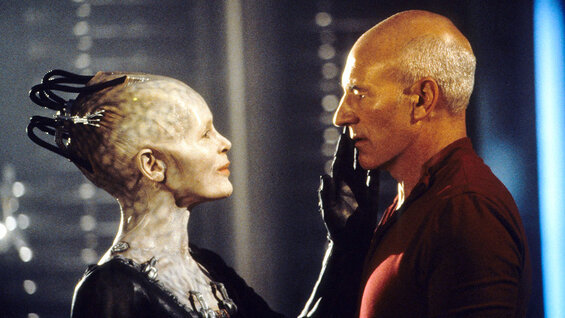
The five best First Contact novels
Semiosis (Semiosis Duology #1) by Sue Burke (2018) 326 pages ★★★★★ — Can plants think? These colonists on an alien world learn the answer the hard way.
Why is it, do you think, that animals are capable of thought, and plants aren’t? Or are they? Certainly, many aspects of plant behavior suggest conscious action. And at least one scientist, Daniel Chamovitz, director of the Manna Center for Plant Biosciences at Tel Aviv University, “argues [that a plant] can see, smell and feel. It can mount a defense when under siege, and warn its neighbors of trouble on the way. A plant can even be said to have a memory.” And whether any of this means that plants can think is the subject of Chamovitz’s book, What a Plant Knows. The book was reviewed in 2012 in Scientific American. Now, author and translator Sue Burke takes the argument several steps further in her unique first contact story, Semiosis. Read more.
Dawn (Xenogenesis Trilogy #1) by Octavia E. Butler (1987) 310 pages ★★★★★ — A science fiction novel that illuminates the human condition
A young woman named Lilith awakens from suspended animation into one of the most convincingly alien worlds in the genre. She is confined within a small, all-white room with neither windows nor a door. The light is bright and constant. At intervals, bowls of food extrude from one of the walls. At length, a disembodied voice speaks to her in English, growing silent when she asks a question it declines to answer. When the speaker finally is revealed, Lilith is repulsed. The creature that has materialized in the corner of the room is indescribably ugly to her eyes. This is how Dawn opens, and if anything the story grows stranger by the page. When Lilith finally begins to encounter other human beings, the sparks quickly begin to fly. After a slow start, the action builds to a crescendo, setting the scene for its sequels in the Xenogenesis Trilogy. Read more.
Wherever Seeds May Fall by Peter Cawdron (2021) 517 pages ★★★★★— One surprise after another in this brilliant First Contact novel
It seems unlikely to me that anyone, anywhere, has thought longer or harder about First Contact than Peter Cawdron. In his fifteenth standalone novel on the theme, the gifted Australian science fiction author poses yet one more solution to the Fermi Paradox. “In the summer of 1950,” Cawdron explains, “while sitting around a table having lunch, physicist Enrico Fermi casually asked his colleagues, ‘Where is everyone?‘ . . . He understood that, given the sheer size of the universe, there should be other intelligent species out there . . . so where were they?” In Wherever Seeds May Fall, Cawdron offers up a novel explanation for The Great Silence that’s sure to surprise. Get ready for humankind’s first encounter with extraterrestrial life. Read more.
Rendezvous With Rama by Arthur C. Clarke (1973) 288 pages ★★★★★ — Arthur C. Clarke’s believable First Contact novel
Rendezvous With Rama is one of a handful of novels that’s most likely to be found on any list of science fiction classics. Though the book was published in 1973, it’s well worth reading (or rereading) today. The story successfully creates a profound sense of awe that reflects a truly imaginative view of how alien intelligence might manifest itself. Unlike the bug-eyed monsters of the old space operas, the First Contact with intelligence in Rendezvous With Rama is actually believable. Read more.
Tomorrow’s Kin (Yesterday’s Kin Trilogy #1) by Nancy Kress (2017) 350 pages ★★★★★ — Hard science fiction doesn’t get much better than this
In most First Contact stories, human meets alien, and then something happens. Whether the aliens are evil or benign, the tale centers on whatever happens in their interaction. That’s not the case in Tomorrow’s Kin, the first volume in Nancy Kress’s engrossing Yesterday’s Kin Trilogy. The contact between Terrans and Denebs in the novel is obviously key to the story. But this is hard sci-fi about evolutionary biology. Science is central to the tale. And the book focuses squarely on the psychology of the Terrans involved—and mostly on the relationships within a single family. Read more.
All the best First Contact novels I’ve reviewed
The Avatar by Poul Anderson—Alien life abounds in our starfaring future
Interference (Semiosis Duology #2) by Sue Burke—Humans, intelligent plants, brilliant insects, and that’s not all!
Neptune Crossing (Chaos Chronicles #1) by Jeffrey A. Carver—Chaos theory triggers an interplanetary adventure
The Artifact (First Contact #25) by Peter Cawdron—Why have aliens never contacted us?
To Be Taught, If Fortunate by Becky Chambers—An excellent hard science fiction novella from Becky Chambers
Skywave (Rorschach Explorer #1) by K. Patrick Donoghue—A private space company threatens a decades-long government coverup
Axiom’s End (Noumena #1) by Lindsay Ellis—First Contact is old news in this sci-fi thriller
An Absolutely Remarkable Thing (The Carls #1) by Hank Green—A funny First Contact story. Call it “science fictiony.”
The Visitor: First Contact Hard Science Fiction by Tony Harmsworth—What happens after First Contact
Activation Degradation by Marina J. Lofstetter—Biomechanical robots battle invading aliens
Remnant Population by Elizabeth Moon—Alien encounters of the strange kind in a captivating sci-fi novel
The Sparrowby Mary Doria Russell—A troubled First Contact mission led by Jesuit priests
Contact by Carl Sagan—A brilliant novel about the search for intelligent life in the universe
Saturn Run by John Sandford and Ctein—First Contact: Close Encounters of the Fourth Kind
First Encounter by Jasper T. Scott—Hostile First Contact in this promising prequel to a new sci-fi series
Exigency by Michael Siemsen—Scientists explore a planet with two sentient species
Ice (Ice Trilogy #1 of 3) by Kevin Tinto—Digging out the secret of the Anasazi
Ice Genesis (Ice Trilogy #2 of 3) by Kevin Tinto—The secret of the Anasazi continues to unfold
Ice Revelation (Ice Trilogy #3 of 3) by Kevin Tinto—The thrilling conclusion to a science fiction trilogy
The Last Astronaut by David Wellington—In a classic First Contact novel, astronauts meet . . . something very strange
Blind Lake by Robert Charles Wilson—An award-winning sci-fi novelist writes a disappointing book
Spin (Spin Trilogy #1) by Robert Charles Wilson—A Big History of the future in this popular visionary science fiction novel
Bios by Robert Charles Wilson—Struggling for life in a hostile alien environment
I might add an excellent story that is only in part what might be called a First Contact novel: The Forge of God (Forge of God #1) by Greg Bear—Greg Bear’s powerful tale of interstellar conflict
For related reading
It’s not really a First Contact novel, but it does explore a first meeting between two alien species in a novel way: The Left Hand of Darkness (Hainish Cycle #4) by Ursula K. Le Guin (Ursula Le Guin’s classic gender-bending novel).
Some regard this novel as a classic of First Contact: Orbitsville by Bob Shaw (This long-forgotten “classic” SF should stay that way)
For more good reading, check out:
- These novels won both Hugo and Nebula Awards
- The ultimate guide to the all-time best science fiction novels
- 10 top science fiction novels
- The top 10 dystopian novels
- The best time travel novels
You might also check out Top 10 great popular novels.
And you can always find my most popular reviews, and the most recent ones, on the Home Page.

